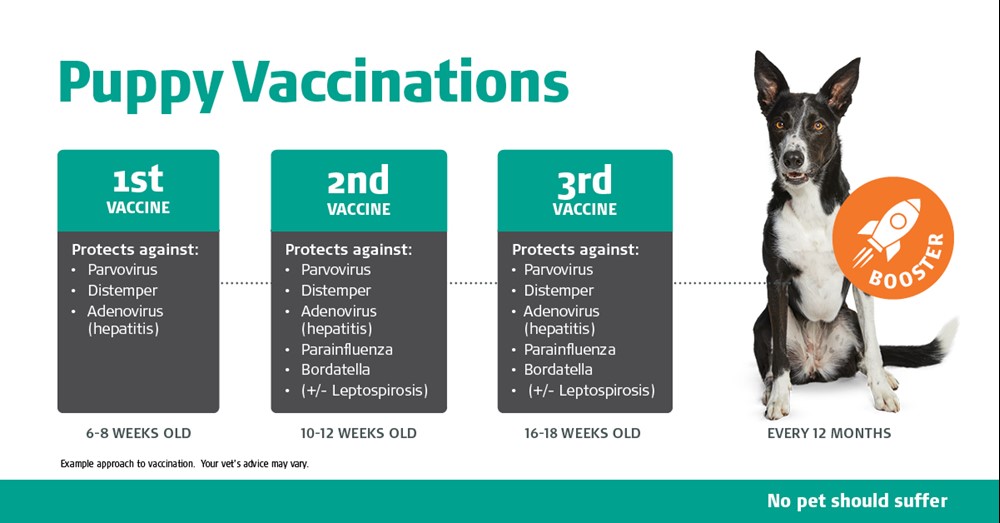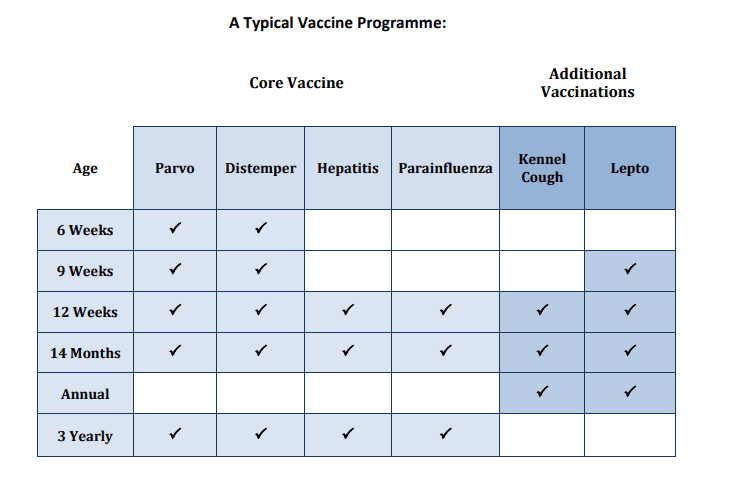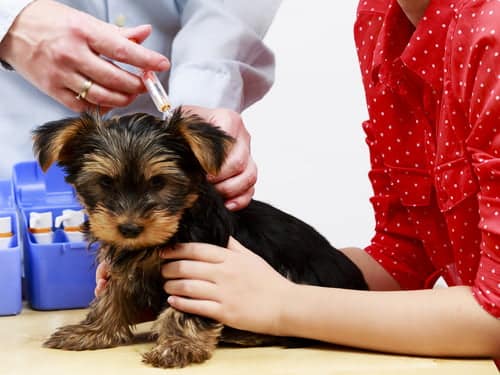puppy vaccination schedule nz
Noncore vaccines mandatory shots vs. First Vaccinations from 6 to 8 weeks of age.
Vaccination Examples Waikato Canine Obedience Club
Your puppy or older dog if vaccinations were started late is not fully protected from the diseases vaccinated against during the initial course until 10 days after the last vaccination.

. Puppies need a booster 1 year after completing the initial series then all dogs need a booster every 3 years or more often. A typical puppy vaccination schedule. 16 to 20 weeks DHP.
Links in the table above provide more information about the diseases and the vaccines that prevent them. 15 to 17 weeks. A postal questionnaire was sent to all 483 listed veterinary practices in New Zealand during February 2012.
The methods used for informing clients on which vaccines to use and the preferred site for vaccination of cats. Your puppy needs 2 booster vaccinations to generate enough immunity to protect them. Your dog will need a booster once a.
11 to 13 weeks. Adult dogs require an annual vaccination boosters for life. After this they need a vaccine booster one year later.
Make it easier to remember by planning his mealtimes around. Recent recommendations are for all puppies to have a series of vaccinations starting at 6-8 weeks of age and finishing at 16 weeks. 10-12 weeks booster vaccination.
Puppy Vaccination Schedule The first thing to know is that there is not just one puppy vaccination schedule for all dogs. 6 to 8 weeks DHP. Vaccinations in puppies should start when they are 6-8 weeks of age and end when they are 16 weeks of age or later.
Your puppy will then require a booster vaccination at 6 or 12 months. You usually collect puppies from a breeder at this time so you may find they have already had their first vaccine. Each dog will differ based on where you live both in the world and in the country as well as what your dogs individual risk factors are.
Speak to your vet about the best timings. Core puppy shots start at six to eight weeks old and protect and prevent new pups from high-risk prevalent or contagious diseases. Unlike mature dogs that eat once or twice a day most puppies need to eat puppy food three times a day.
Puppy Vaccination Schedule. Canine parvo is contagious and can cause severe vomiting and bloody diarrhea. Sometimes also referred to as DHP or DHPP if parainfluenza is included.
C5 vaccination is the most common type of dog vaccination. Puppies are typically vaccinated at eight and ten weeks although they can be vaccinated as early as four-six weeks with the second dose usually being given two to four weeks later. Distemper infectious hepatitis parvovirus although this may start earlier if the puppy is in an infected environment.
Introduce your puppy to dogs that you know have been vaccinated and taking care to avoid areas that unknown dogs have been in. In general terms a vaccination course for puppies should start at 6 weeks of age and the last vaccine in the primary course will occur between 14-16 weeks. Your dog will be required to have booster injections for all their previous vaccines in line with the below schedule.
Your puppy will need a rabies vaccine yearly. C3 protects against parvovirus distemper and infectious hepatitis. Only once your puppy has completed the full 14-16 week vaccination schedule and you are certain they are protected and healthy should you take them for walks in public parks or introduce them to other dogs.
12 to 15 weeks DHP. The average costs is around 75 to 100. Many vaccines require multiple.
6 to 8 weeks DHP. 9 to 11 weeks DHP Third vaccination. The initial vaccine requires two doses two to four weeks apart.
At least 3 doses given between 6 and 16 weeks of age. Once they have had these vaccines the frequency of vaccinations varies depending on the lifestyle of the pet the disease and vaccine type being considered as well as any kennelboarding plans. Dog vaccination schedules for puppies generally look like this.
A vaccination schedule is a series of vaccinations including the timing of all doses which may be either recommended or compulsory depending on the country of residenceA vaccine is an antigenic preparation used to produce active immunity to a disease in order to prevent or reduce the effects of infection by any natural or wild pathogen. 1 year of age or 12 months after the last puppy shot then as recommended usually every 1-3 years Rabies vaccination. Rabies and leptospirosis boosters.
This means that there is not just one schedule for every dog you may encounter or have. 7 to 9 weeks. To determine current practices and attitudes towards vaccination of dogs and cats of veterinarians in New Zealand.
Every 12 months after annual booster vaccinations. 11 - 13 weeks Canine distemper Infectious hepatitis Canine parvovirus 15 - 17 weeks Leptospirosis Rabies 15 months Canine distemper Infectious hepatitis Canine parvovirus Leptospirosis Rabies Annually Canine distemper. If so the breeder will provide records to give to your vet who then completes the final two rounds according to schedule.
9 to 11 weeks DHP. DAP Distemper AdenovirusHepatitis Parvovirus. 14-16 weeks final puppy vaccination.
16 to 20 weeks DHP. 1 Injection annually Afluria Quad PDF 288 KB From 1 July to 30 September 2020 practices will continue to be supplied with the previously scheduled vaccine brands Varilrix ADT Booster until these vaccine stocks are depleted. Vaccines are a vital part of your dogs veterinary care routine but figuring out which ones they needand when they need themcan get confusing.
Second Booster from 10 to 12 weeks of age. Boosters for all vaccines above. And when you add in core vs.
Factors such as which part of. Puppies and kittens need a series of 2 or 3 vaccines given 3-4 weeks apart. Your Puppys Feeding Schedule.
Basic Vaccine Schedule for Dogs. Your puppy should have its first vaccination between six and eight weeks of age. Booster for 3 previous vaccinations rabies and leptospirosis.
A typical puppy vaccination schedule. Note that as a puppy this multivalent vaccine is given 3 times at ages 6 12 and 16 weeks old. 2 doses 3-4 weeks apart.
Typically required by law at 3-6. Young dogs are most susceptible to rabies distemper parvovirus and hepatitis and are immunized against these infections in two-week vaccination cycles during their first three months. Puppies usually have a course of three vaccinations normally given 4 weeks apart.
Final dose from 14 to 16 weeks of age. Your puppys first vaccination can be given from when they are 6-8 weeks old. Your puppy will need to be 8 to 9 weeks old before he can be vaccinated against Lyme disease.
Those recommended by your vet it can get even more complicated. Kennel cough protection is established three days after drops of. 12 to 15 weeks DHP.
1 year of age or 12 months after the last puppy shot then as recommended usually every 1-3 years Rabies vaccination. As you should know each dog is different just like each person.
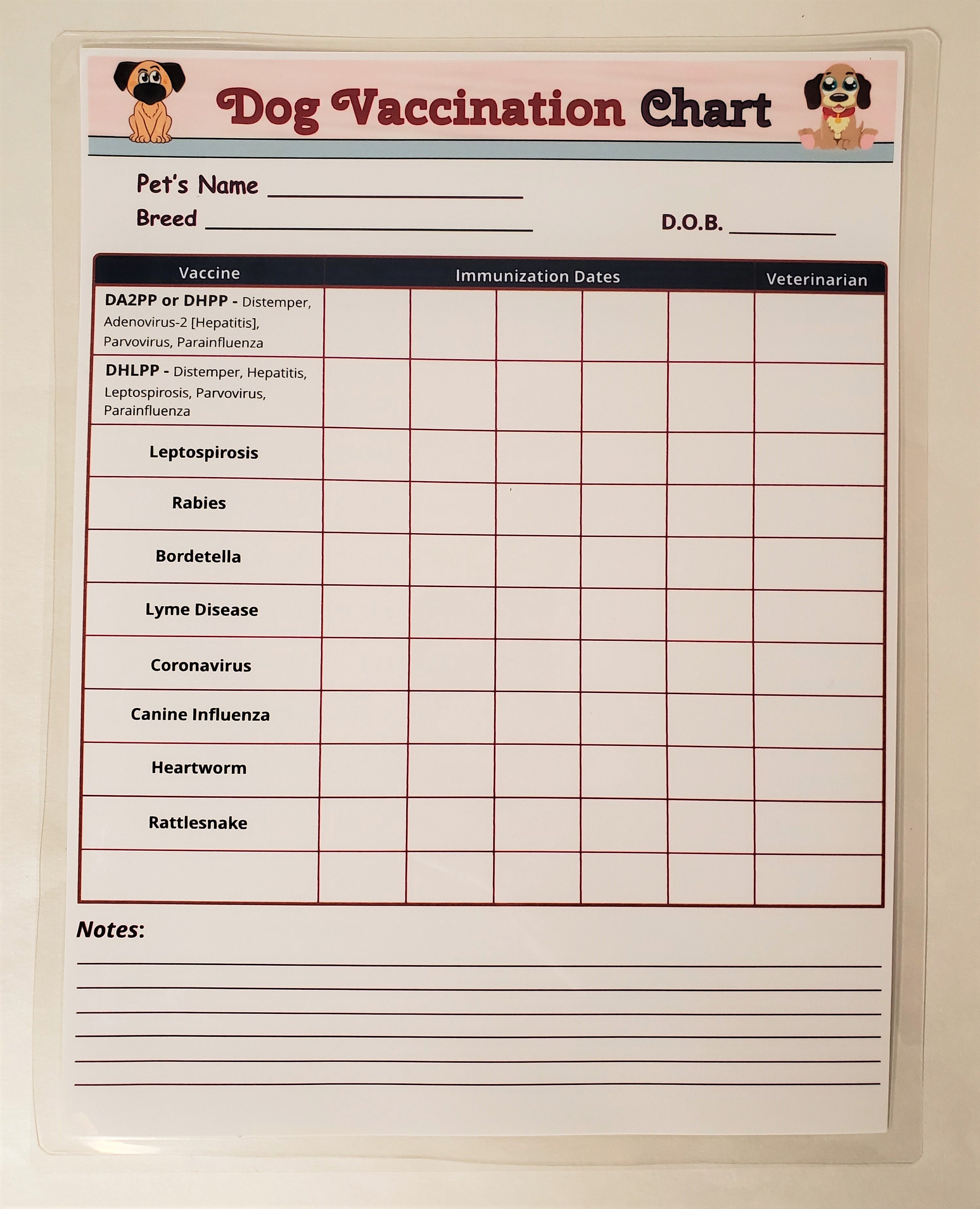
Dry Erase Dog Vaccination Chart Laminated Immunization Etsy New Zealand
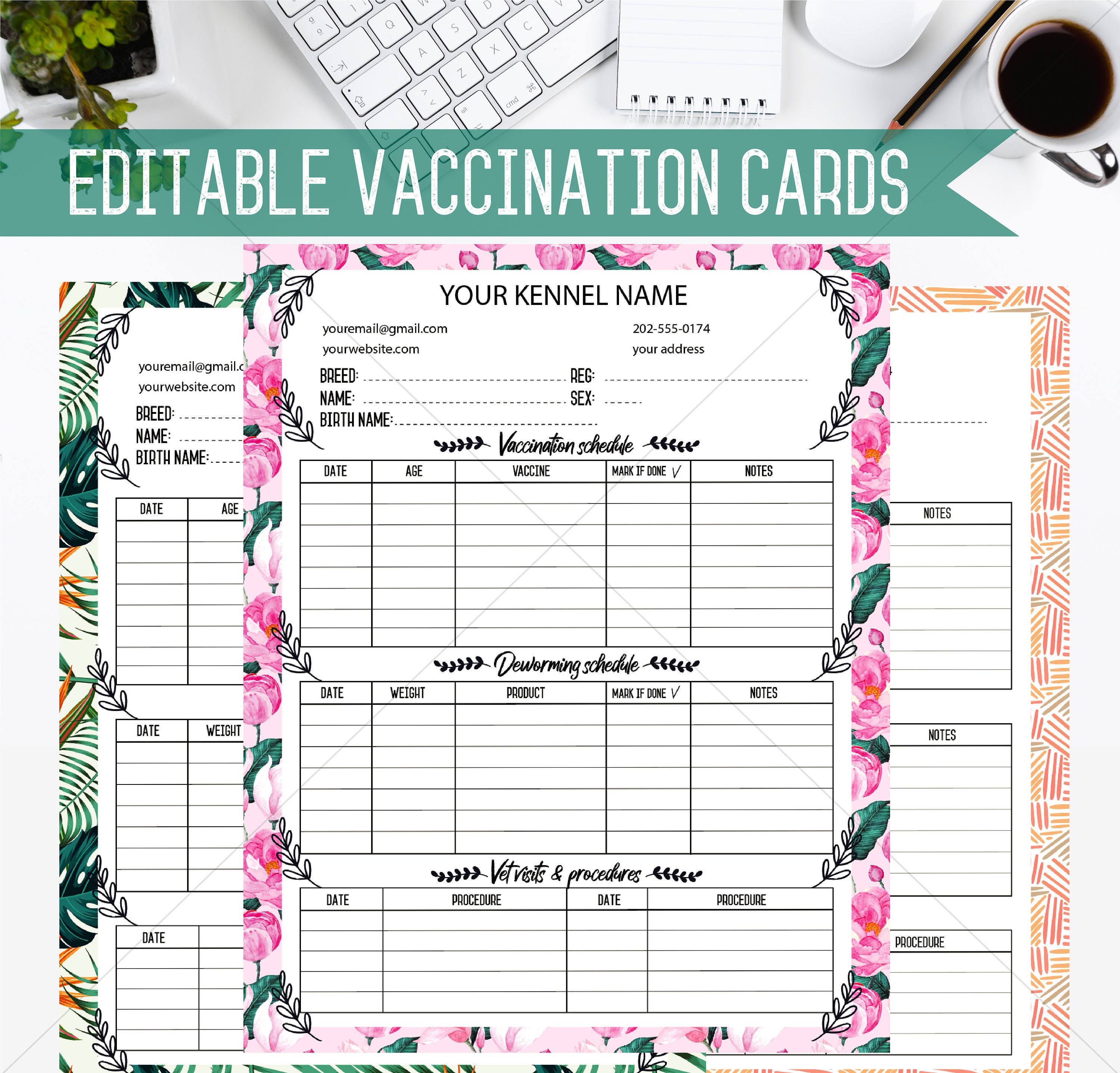
Editable Puppy Vaccination Card Puppy Health Record Puppy Etsy New Zealand
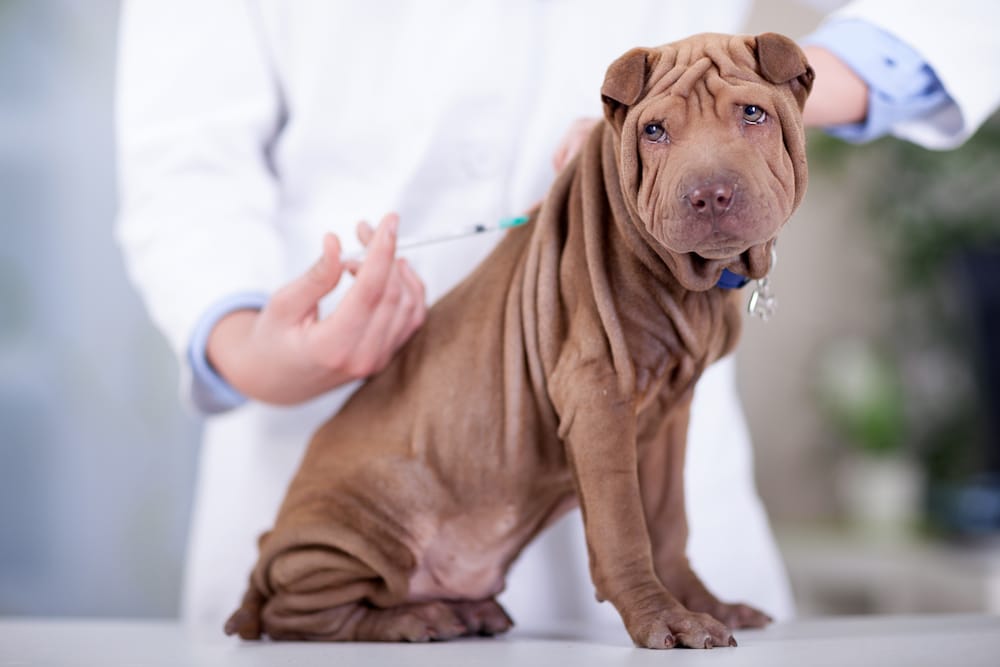
Dog Vaccinations Explained Northcote Dog Vet Services

Puppy Kitten Vaccinations Desexing And Microchipping Animates Pet Supplies
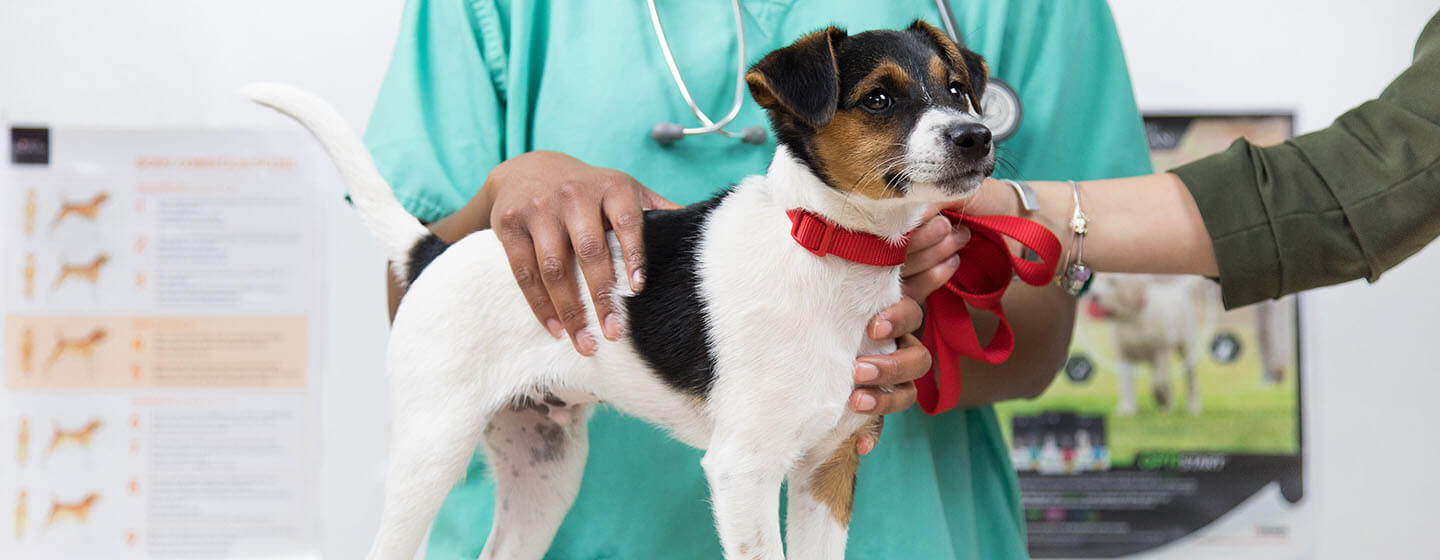
Puppy Vaccinations What They Need When Purina

Franklin Vets Offers A Full Range Of Vaccinations For Your Cats Dogs And Rabbits

The Importance Of Vaccinating Your Puppy Friends With Tales

Franklin Vets Offers A Full Range Of Vaccinations For Your Cats Dogs And Rabbits
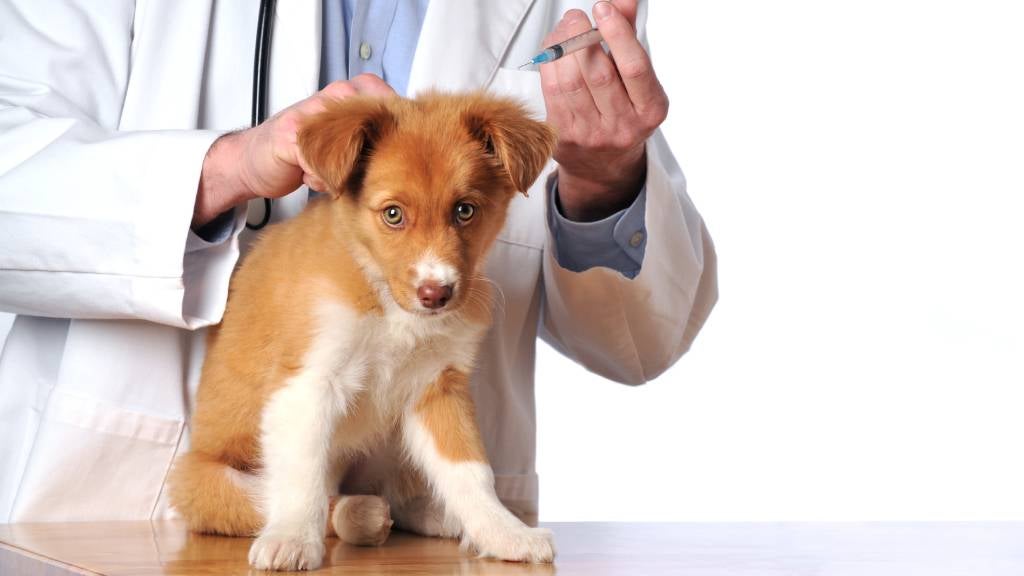
A New Zealand Guide For Puppy Vaccinations Spca Pet Insurance
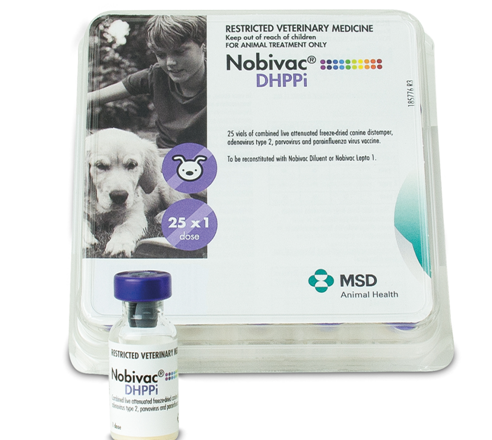
Nobivac Dhppi Msd Animal Health New Zealand
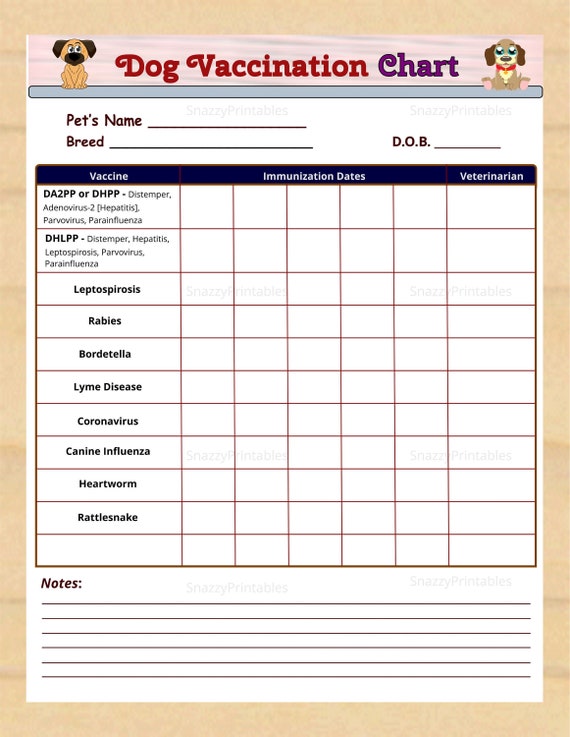
Printable Dog Vaccination Chart Pet Printable Immunization Etsy New Zealand

Puppy Vaccination Schedule Black Hawk
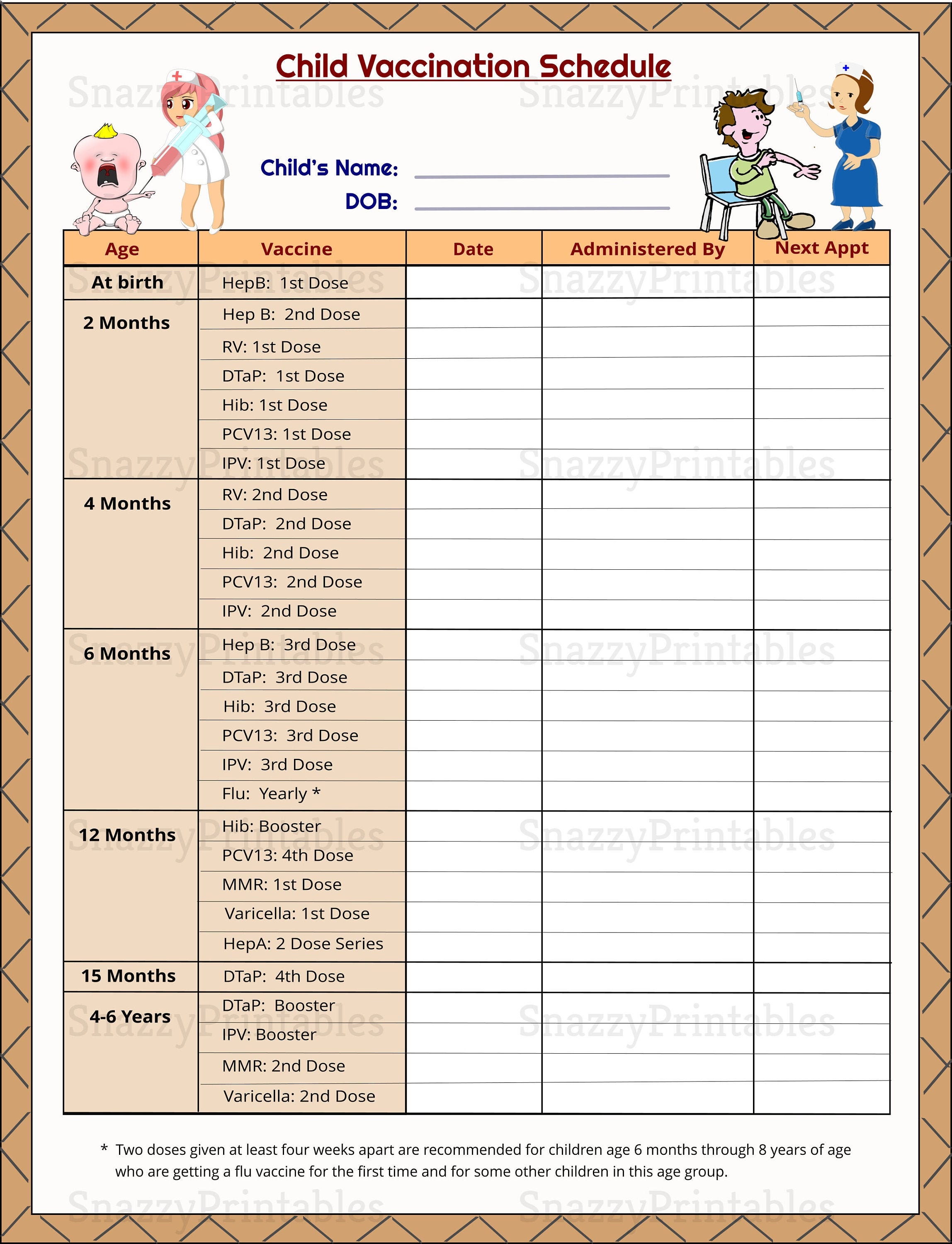
Printable Child Vaccination Schedule Immunization Record Etsy New Zealand

Puppy Kitten Vaccinations Desexing And Microchipping Animates Pet Supplies

Vitapet New Zealand Check Out Our Puppy Vaccination Schedule Get More Puppy Info And Advice Here Https Bddy Me 3qjgxvb Facebook
